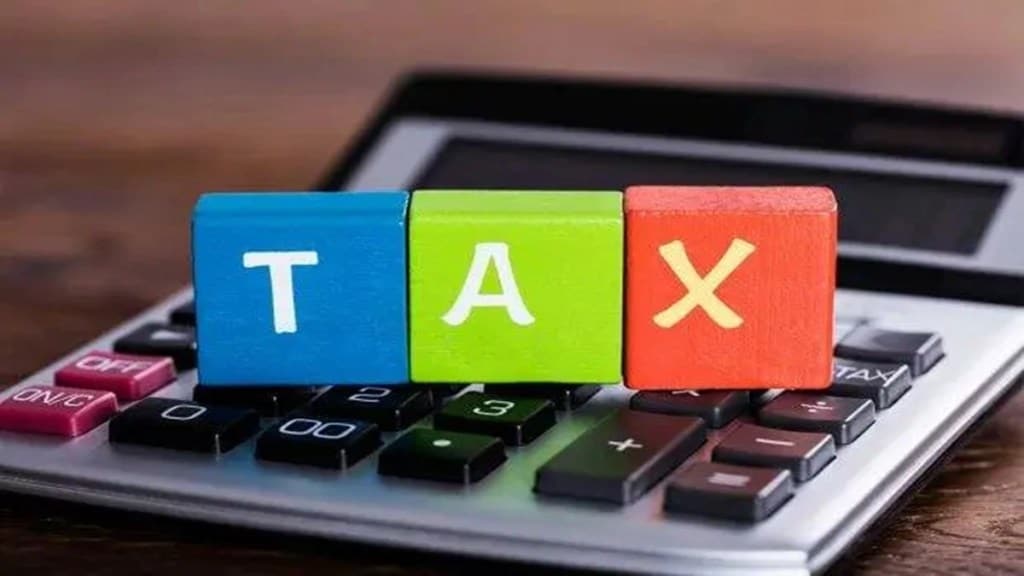The Central Board of Direct Taxes has introduced fresh norms for filing of statements for equalisation levy by companies that would allow the tax commissioner to reject returns that they deem to be invalid and has said that personal appearance of assessees for clarifications is not needed. The provisions are part of the Centralised Processing of Equalisation Levy Statement Scheme, 2023 notified by the CBDT recently.
Equalisation levy or Google tax, as it is often called, was introduced in 2016 to tax the digital economy. While it was initially levied at 6% of the gross consideration on online advertisements and digital advertising space, its scope was widened in 2020. It is levied at 2% on the consideration amount paid to non-residents who own, operate or manage an e-commerce facility or platform. Companies have to file the equalisation levy statement by June 30 of a financial year.
Under the scheme which lays out the procedure for processing these statements, the commissioner may declare a statement, invalid, for non-compliance of procedure for using any software not validated and approved by the Director General or due to incomplete information.
It has also permitted assessees to file revised returns as well as make corrections in the return filed. “The assessee or e-commerce operator may make an application to the Assessing Officer for amending any intimation issued under section 168 of the Act, within one year from the end of the financial year in which the intimation sought to be amended was issued,” said the scheme.
A new provision has also been introduced for faceless discussions. No assessee or e-commerce operation will be required to appear personally or through authorised representative for any proceeding. All communication for information or clarification will be through written or electronic means for processing the equalisation levy statement. Experts said this would be beneficial provision as most assessees are non-residents. The notice for communication can be served to the assessee or e-commerce operator or their authorised representative.
Saurrav Sood, Practice Leader – International Tax and Transfer Pricing, SW India noted that though this notification seems to have limited impact on the taxpayers, it contains procedural amendments and gives certain powers to the tax authorities which were earlier missing the equalisation levy provisions.
Rohintan Sidhwa, Partner, Deloitte India said, “This is a scheme to provide for administrative procedures around the assessment of EQL returns that have been filed. The scheme allows for the CPC to make adjustments for arithmetical accuracy, compute tax and interest and issue refunds. It also delineates the administrative powers in case the CPC is unable to process the return.”


